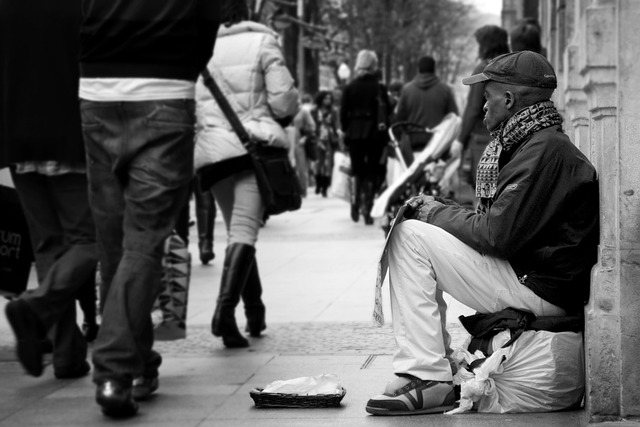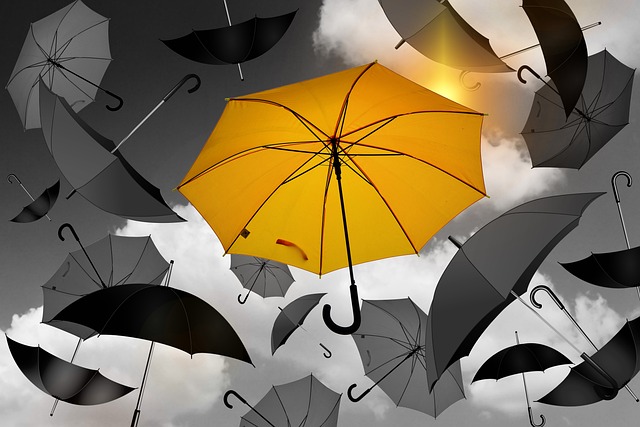Photography is often celebrated for its ability to capture moments, tell stories, and evoke emotions. Yet, as we navigate the intricate world of composition in photography, we must also face a crucial consideration: ethics. The ethics of photography extend beyond mere technical skills with the camera, delving deep into the way we present our subjects and the narratives we choose to tell.
When we click that shutter, we wield a powerful tool. A photograph is more than a simple representation of reality; it’s a composition shaped by our personal perspectives, choices, and biases. Each frame can alter the narrative and influence public perception. This highlights the importance of understanding the ethical implications of our creative decisions.
Consider the role of the camera in shaping the shooting experience. Different cameras come with unique features and capabilities, influencing how we capture the moment. But this also leads us to think about the responsibility we bear as photographers. Are we misrepresenting our subjects? Are we manipulating the scene in a way that distorts the truth? The optics of our equipment not only define clarity and focus but also reflect our integrity as artists.
Moreover, the technical aspects of optics—the lenses we choose, the angles we adopt, and the filters we use—are essential in framing our compositions. However, these choices must be balanced with a mindful consideration of the ethical implications. For instance, the use of wide-angle lenses can exaggerate the scale of a scene, presenting a reality that might not align with the truth. Are we drawn to these techniques for aesthetic reasons alone, or do they serve a deeper purpose in our storytelling?
In many cases, ethical dilemmas arise in documentary and street photography, where candid moments can profoundly impact the lives of subjects. Here, the lines blur between artistry and exploitation. How do we ensure that our compositions honor the dignity of the individuals we capture? This concern urges us to engage in a reflective process about our motivations and the consequences of our work.
Ultimately, embracing the ethics of photography means being honest with ourselves and our audience. Each photo we create should carry a sense of responsibility—a reminder that behind each image is a real person with a story. As photographers, we have the power to shape narratives; we must wield this power with care. Our art should not only aestheticize the world but also serve as a vehicle for connection and understanding.
As we continue to explore the rich tapestry of composition in photography, let us commit to an ethical practice that respects our subjects and the broader implications of our work. By doing so, we can elevate our craft and contribute positively to the world of visual storytelling.




